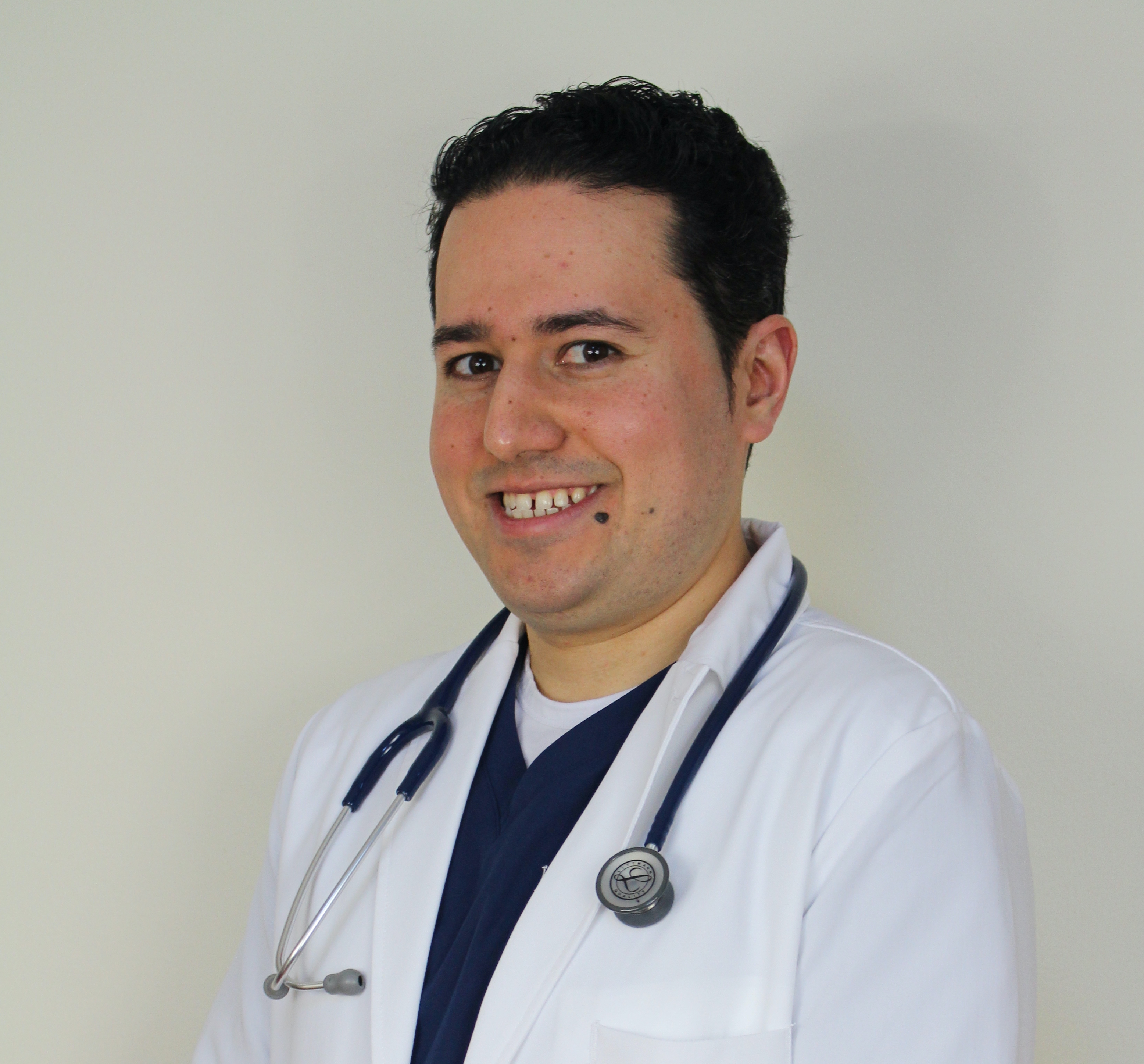Understanding the HHS Search for Autism Causes: Insights from Dr. Vladimir Barayev, MD

Contributing Writer: Dr. Vladimir Barayev, MD
You may have seen recent headlines about the Department of Health and Human Services (HHS) and Secretary Robert F. Kennedy Jr. launching a new search for the causes of Autism Spectrum Disorder (ASD)—with a particular focus on vaccines. Medical research is important for helping us understand our bodies and minds. When done correctly, and applied appropriately, it has resulted in the saving and healing of countless lives. As a physician and autism expert, I want to help parents understand why the current approach to studying Autism by the HHS is misguided, outdated, and ultimately a waste of precious resources.
What Do We Know About Autism?
Autism spectrum disorder (ASD) is a complex neurodevelopmental condition. It’s characterized by differences in social communication and the presence of restricted, repetitive behaviors. Our understanding of ASD has evolved dramatically over the past 70 years. ASD is heterogenous: It’s not a single disease, but a spectrum of behaviors and ways of experiencing the world. Both Genetic and environmental factors play a role, but genetics account for 70–90% of autism risk. Most cases are idiopathic That is, we don’t know the precise cause in most individuals, but we do know it’s rarely due to a single factor.
There are rare genetic syndromes, like fragile X syndrome, that can cause “autistic-like” behaviors. However, most people with autism do not have these underlying conditions. Fragile X, for example, comes with distinct physical features and intellectual disabilities not seen in most people with ASD.
How Has Our Knowledge of Autism Changed?
A Brief Timeline
- 1943: Dr. Leo Kanner first describes autism as a unique neurodevelopmental disorder.
- 1980s–1990s: The definition of autism broadens, leading to increased awareness and diagnosis.
- 1998: A now-discredited study falsely links the MMR vaccine to autism, sparking public fear.
- 2000–2010: Multiple large, high-quality studies conclusively find no link between vaccines (including MMR and thimerosal) and autism.
- 2013: The DSM-5 consolidates autism diagnoses under the umbrella of Autism Spectrum Disorder (ASD), reflecting our improved understanding.
The Vaccine Myth: Why It’s Time to Move On
It’s understandable that parents want answers about what causes autism. However, the idea that vaccines cause autism has been thoroughly and repeatedly debunked:
- Dozens of studies—involving hundreds of thousands of children—have found no association between vaccination and autism.
- The original 1998 study was not just flawed, but fraudulent, and has been retracted.
- Major health organizations worldwide (CDC, WHO, AAP) all agree: Vaccines do not cause autism.
Why the HHS Focus Is Misguided
If it were the year 2000, it would make sense to investigate the vaccine hypothesis because the studies were not yet available. But it’s 2025. We have the data now. We have spent billions on this question, and the answer is clear. Continuing to focus on vaccines:
- Wastes resources: Money and attention are diverted from promising research into genetics, brain development, and early interventions.
- Harms children: By fueling vaccine hesitancy, we put kids at risk for preventable diseases.
- Delays progress: We miss opportunities to improve quality of life for people with autism and their families.
Where Should We Be Focusing?
The real frontiers of autism research are exciting and full of promise. We should be investing in:
- Genetic research: Expanding our knowledge about exactly how environmental factors impact the 800 known genes involved in ASD.
- Brain development: Studying how the brain develops differently in autism, even before birth.
- Innovative therapies: Exploring gene therapies, early behavioral interventions, and supports that improve outcomes for autistic individuals.
What Parents Need to Know
- You did not cause your child’s autism. Vaccines are safe and essential.
- Autism is a natural variation of human development. It’s a description of a pattern of behaviors and communication and is not a single disease. Some people with autism suffer with worse disabilities than others- especially those who have Autism WITH Intellectual Disability and lack of Pragmatic language skills (Which is only 25% of people with autism).
- Support and acceptance matter. Early intervention and supportive communities make a real difference.
It’s time to move beyond the vaccine debate and focus on real progress. Let’s support research that helps us understand and empower autistic individuals - not waste time and money chasing disproven hypotheses.
Contributing Writer: Dr. Vladimir Barayev, MD

Dr. Vladimir Barayev is a board-certified pediatrician who has dedicated over a decade to providing personalized, comprehensive care for children and families, with a particular focus on supporting those affected by Autism and other developmental challenges. At the heart of Dr. Vladimir Barayev's practice is a deep commitment to the six pillars of health: sleep, nutrition, physical activity, family and community relationships, coping skills, and managing environmental exposures. This holistic framework not only supports the physical and emotional well-being of his young patients but also empowers families to navigate the complexities of raising a child with special needs.
Check out Dr Barayev's episode A Holistic Approach to Diagnosing and Treating Autism with Dr. Vladimir Barayev on the Transforming the Toddler Years podcast.
Subscribe to my newsletter - The Core4Connector
Check your inbox every Monday at 11am EST for Collaborative Parenting stories and direct links to weekly Podcast episodes.
We hate SPAM. We will never sell your information, for any reason.
